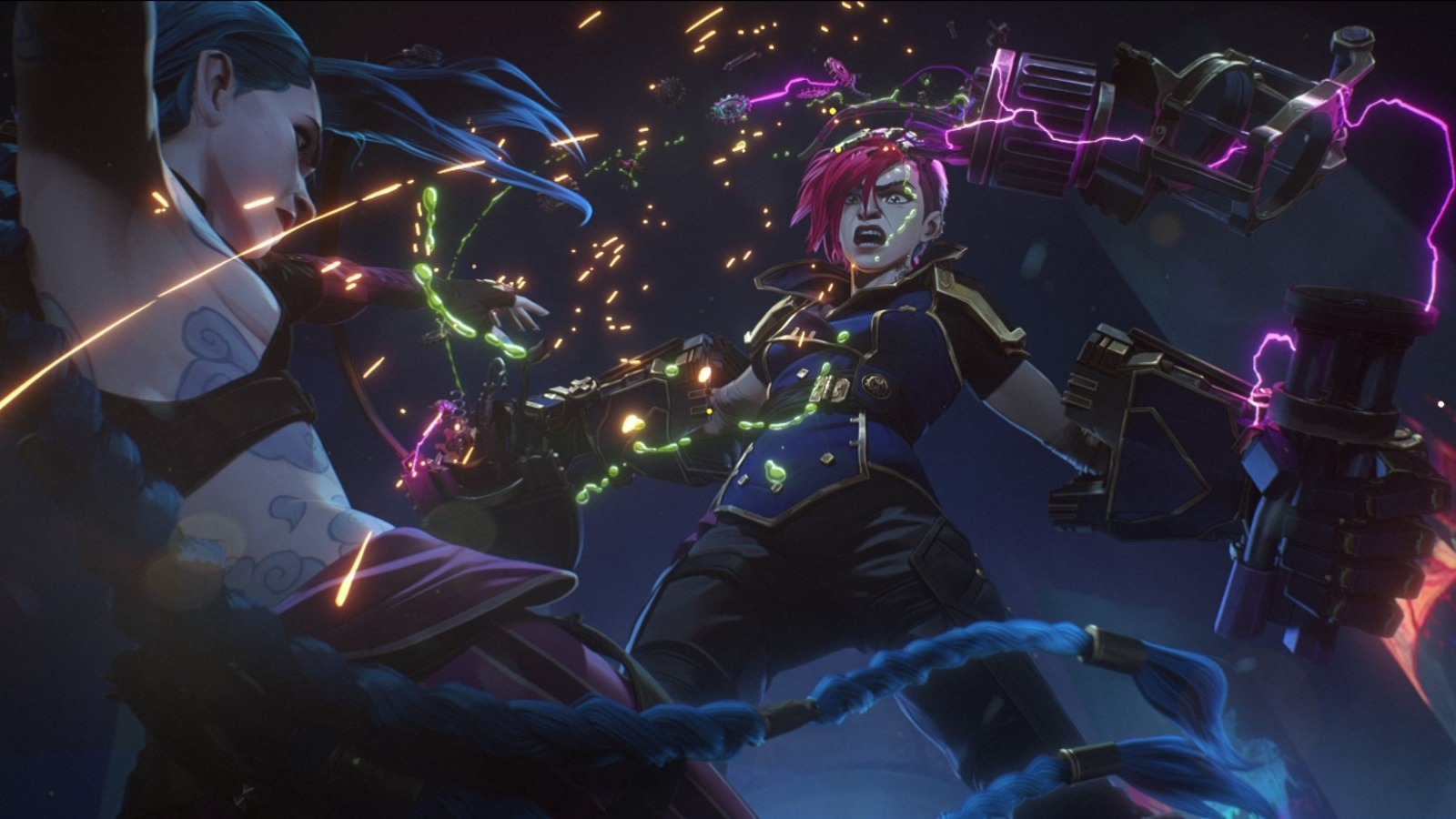
The Real Reason Behind Netflix’s Cancellation of Arcane
By Rafael Motamayor
“Arcane” has emerged as a monumental achievement in animated storytelling, akin to how “Spider-Man: Into the Spider-Verse” revolutionized animated films. This series not only set a new standard in television animation but also carved out a space for video game adaptations to gain critical recognition. Rooted in the immensely popular “League of Legends,” the storyline delves into the lives of characters like Vi and Jinx, two sisters whose lives are upended by the clash between the idyllic Piltover and the downtrodden underworld of Zaun.
Upon its premiere, the inaugural season of “Arcane” was a resounding triumph, earning accolades and quickly becoming Netflix’s highest-rated series at that time. It made history as the first streaming show to snag the Emmy for Outstanding Animated Program, among three other Emmy wins. However, in a surprising twist, “Arcane” is set to conclude after just two seasons. Fans are left bewildered, questioning what led to such a swift end for a show bursting with potential, especially when the first season hinted at a vast narrative universe waiting to be explored.
Reports indicate that “Arcane” was initially envisioned as a five-season saga. However, parent company Riot Games has since hit the brakes on its entertainment ventures. The production of the two seasons, totaling 18 episodes, reportedly cost a staggering $250 million, positioning “Arcane” as the most lavish animated series ever produced.
The financial backing behind “Arcane” was substantial, with six years devoted to production — a timeframe that speaks volumes in the contemporary animation industry. Remarkably, Riot Games invested $60 million in marketing the show’s first season, surpassing Netflix’s promotional expenses. While this aggressive marketing undoubtedly contributed to the show’s widespread acclaim, it raises questions, given Riot’s established gaming franchise could have served as an organic promotional platform.
This complex situation paints a picture of Riot Games grappling with the challenges of branch expansion into the entertainment sector. The previous CEO, Nicolo Laurent, expressed ambitious goals to transform the company into a leading entertainment entity for the modern age. Yet, despite aspirations for greater involvement in film and television, “Arcane” stands as the solitary success from these endeavors, with no other projects moving toward production.
By 2023, Laurent departed from Riot Games, leading to significant upheaval within its entertainment division, which has essentially been dissolved. As for “Arcane,” it is worth noting that its exorbitant production costs do not equate to substantial profits. Riot garners $3 million per episode in licensing fees from Netflix, plus an additional $3 million per episode from Tencent in China. However, even with potential revenue from merchandise and character-related sales, it remains uncertain whether the revenue will exceed the costly investment.
The second and final season of “Arcane” is set to premiere its first three episodes on Netflix on November 9, 2024, followed by subsequent releases of additional episodes on November 16 and November 23.



